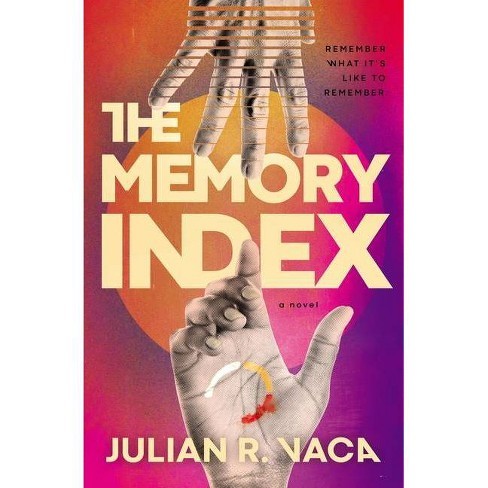“I am not fine. As long as these haunting, unwieldy visions throttle me, how can I be?”
Freya Izquierdo is not a normal high school girl. She is a degen, a type of person who needs artificial help to access memories she should rightfully have. In an alternate 1987, Freya isn’t the only one who can’t access her memories. The world has been at the mercy of a plague that steals human memories so that everyone, even the lucky few who still have access to most of their mind, must use artificial recall. Facing this terrible reality, Freya does the best she can to move forward while trying to reconstruct the truth of her father’s death.
Yet, her life is turned upside down when the dean of Foxtail Academy recruits her to join its rank of students. Freya is suspicious — she is the only degen at the school full of kids who can recall their memories with less artificial recall than she — but she attends the school anyway, quickly discovering a group of friends who help to guide her through. When the students at Foxtail begin to disappear, Freya and her friends will have to rely on more than just their memories to discover the truth of their existence.
“The Memory Index” is unlike any book I’ve read. Creating a unique blend of dystopia, sci-fi and historical fiction, this book brings readers a fresh story that tastes a little something like “The Maze Runner,” the smash hit book and movie series that was first released in 2009. The historical setting and throwback to a dystopian genre not in style for the last decade helps to keep Julian R. Vaca’s YA fiction debut firmly rooted in the past: right where it needs to be.
What’s great about this book is that memory, and how it haunts us, is investigated at every turn. Vaca isn’t afraid to be introspective; Freya cannot escape her past and the blurred, half-formed memories that linger in her mind. While I was reading, I was uncomfortably aware of the real-world implication of this book. In a reality so heavily guided by technology and artificial intelligence, how many memories are actually our own? How much does memory make of us? Vaca poses these questions for both his characters and readers.
RELATED: REVIEW: ‘Dance Theatre of Harlem’ in Centennial Hall
For a story intended for a young adult audience, Vaca gives his readers material beyond gossip, smartphones and petty high school drama. Vaca treats his young audience with respect, as though they have the capabilities to face such ethical dilemmas because they do. In a genre that is so saturated with muted stories imitating the truth of teenage life, I appreciated that Vaca doesn’t hesitate to ask the big questions in this book. He knows his teenage readers will one day be grappling with their own memories and the ghosts that may or may not float through their heads. He asks that readers do not look away, that they confront their past so that they may one day move beyond it, a strong lesson for more than just the characters in “The Memory Index.”
*Editor’s Note: All opinions expressed in this review are held by the writer only and are not shared by the Daily Wildcat. Sophie Applin would like to thank Thomas Nelson for providing a free copy of “The Memory Index” in exchange for a review.
Follow Sophie Applin on Twitter

Sophie Applin is the Opinions Editor for the Daily Wildcat. She enjoys reading, writing and having strong opinions.









